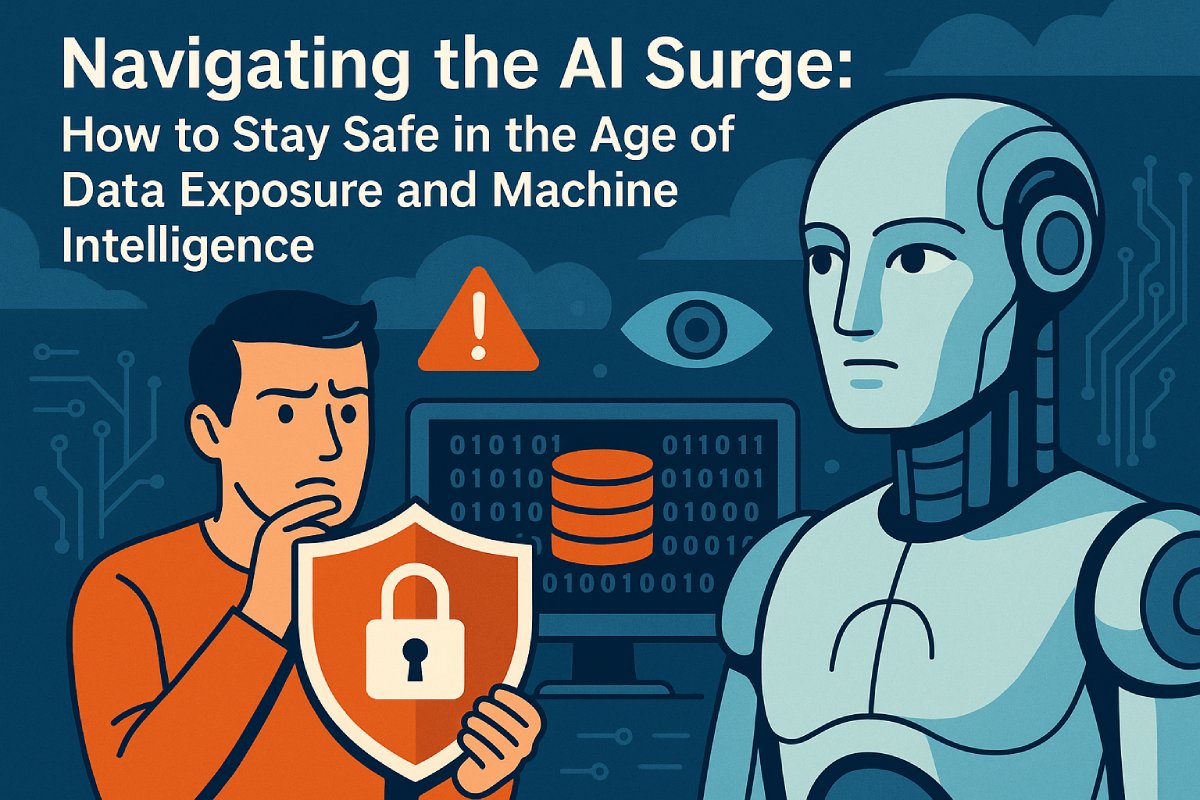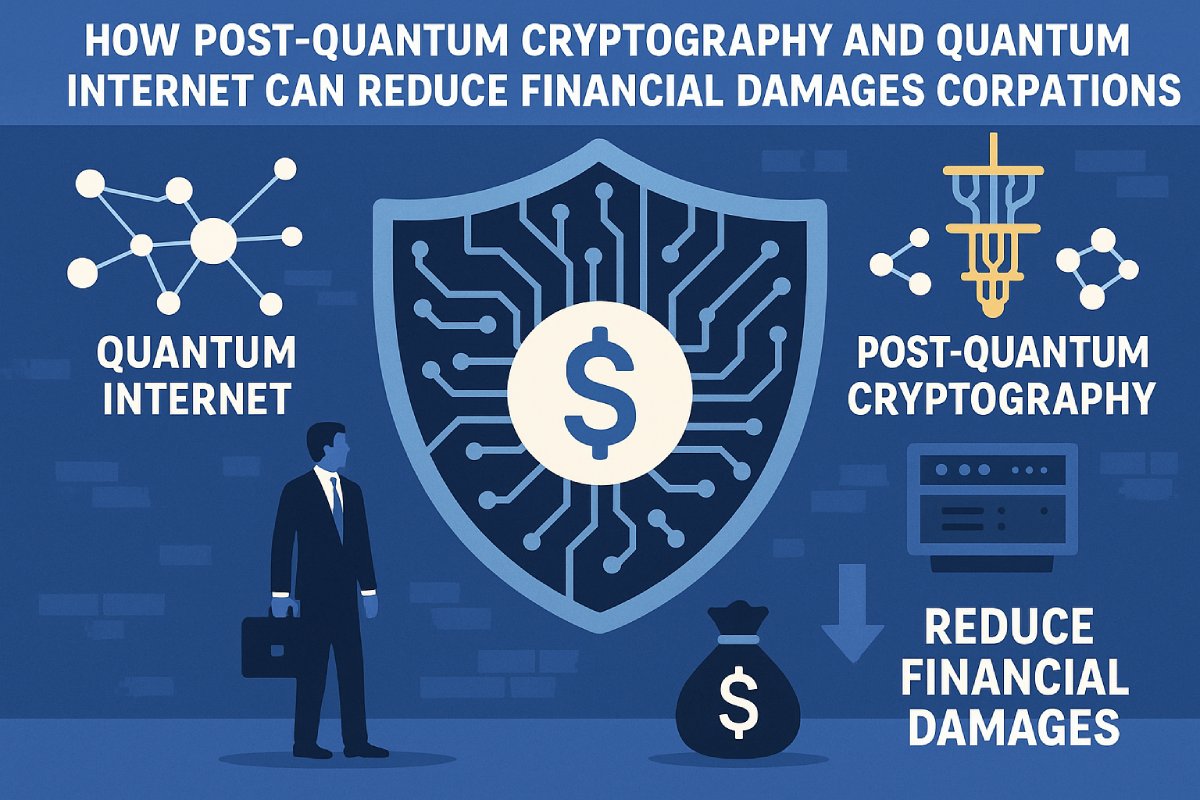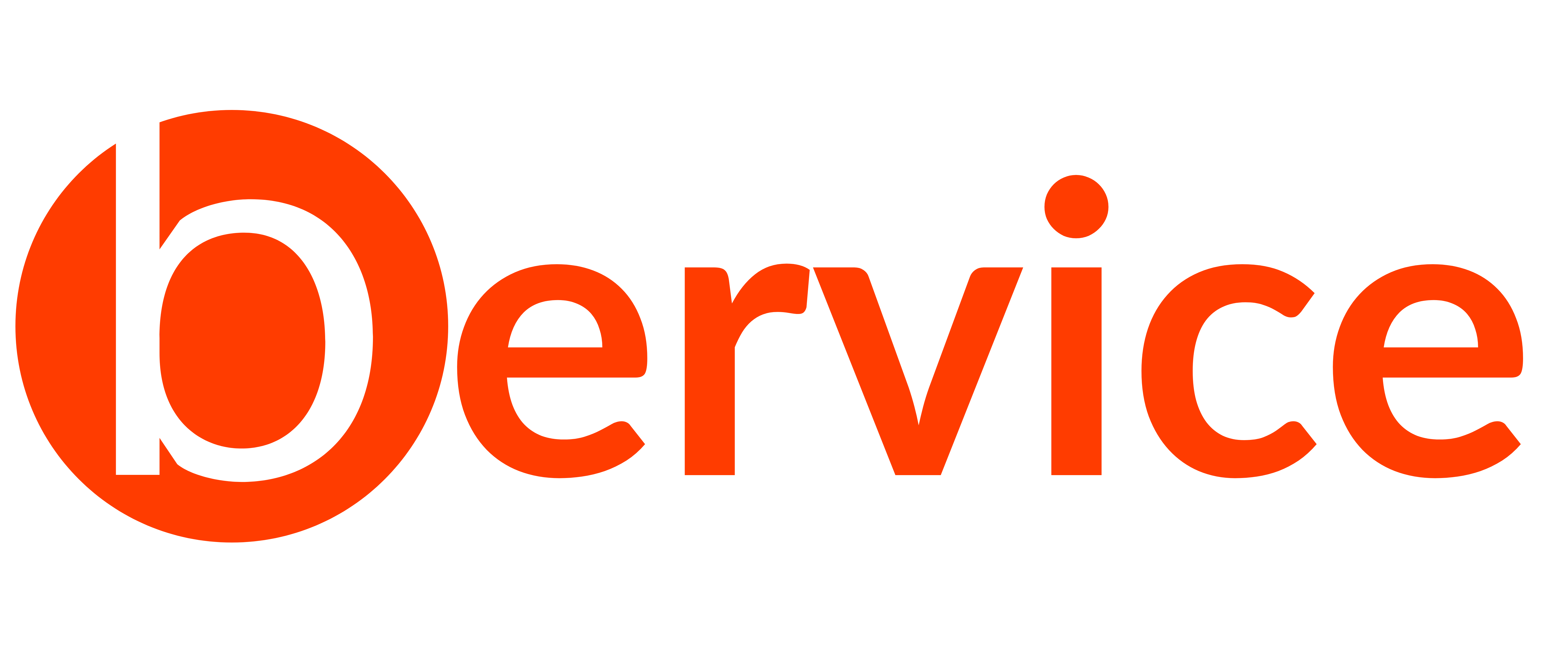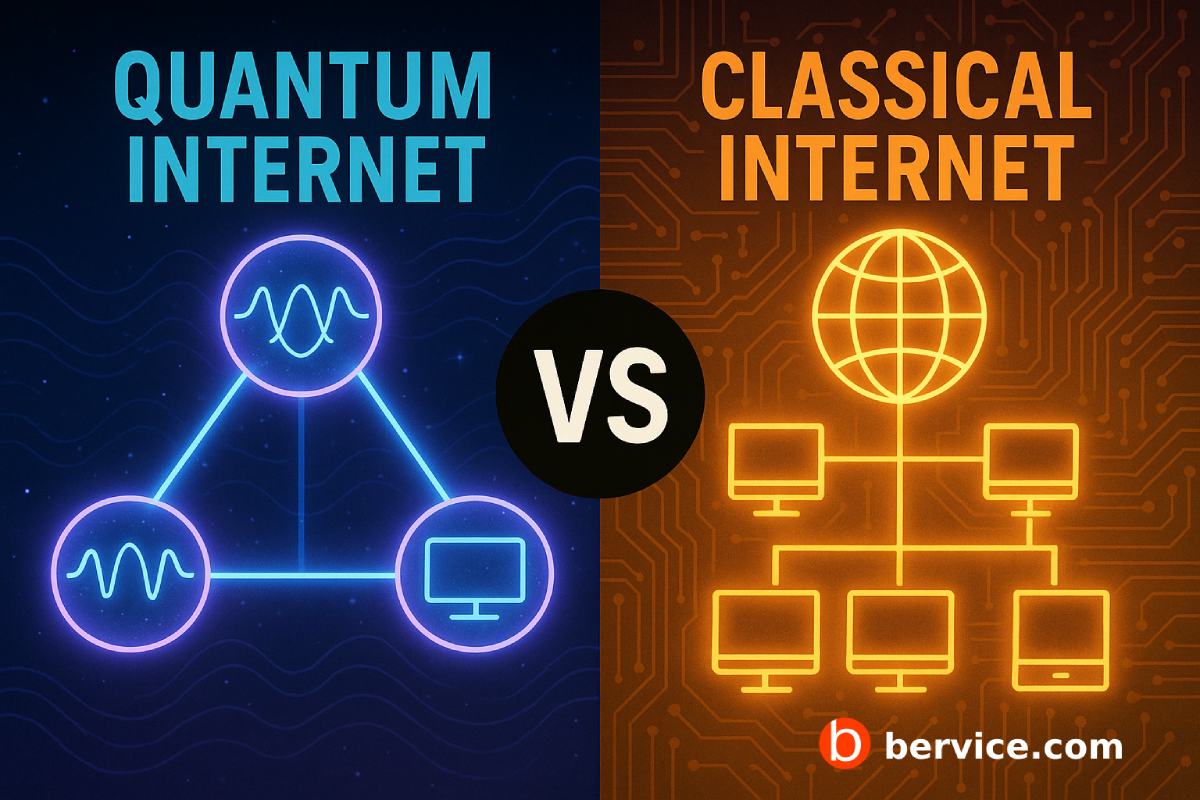
The rise of Artificial Intelligence (AI) has ushered in transformative changes across industries. From healthcare to finance and from education to entertainment, AI systems are reshaping how we live, work, and interact. However, this progress comes with significant risks—especially concerning data privacy, security, and ethical use. As AI systems become increasingly powerful, individuals must adopt conscious behaviors and strategies to protect their digital lives.
The New Vulnerability: Personal Data in the AI Age
AI thrives on data—specifically, large volumes of personal and behavioral information. This includes everything from search history, voice commands, facial recognition data, social media activity, to biometric information. While this data enables AI to become more accurate and useful, it also creates serious vulnerabilities:
- AI models can unintentionally leak sensitive data during training or inference.
- Data scraping and unauthorized tracking have become common for training datasets.
- Facial recognition and voice analysis technologies can be used without consent.
- Third-party AI tools may mishandle or retain data beyond agreed terms.
These risks demand a more informed and defensive posture from everyday users.
Practicing AI Hygiene: Steps for Personal Protection
To stay secure and private in an AI-driven world, individuals need to develop what experts call “AI hygiene”—a set of daily practices that limit data exposure and minimize misuse. Key behaviors include:
- Limit Data Sharing: Avoid oversharing personal information online or with apps, especially those using AI-powered features like image enhancement, voice assistants, or chatbots.
- Read Privacy Policies: Before using AI tools, especially free ones, review their data handling policies to understand what is collected, how it is used, and whether it’s stored or shared.
- Use Encrypted and Open-Source Alternatives: Whenever possible, use AI tools that are transparent, decentralized, or privacy-focused.
- Disable Unnecessary Permissions: Turn off microphone, camera, and location access unless absolutely necessary.
- Stay Updated: AI capabilities evolve quickly—subscribe to cybersecurity news and privacy forums to remain aware of new threats and protective tools.
Ethical Engagement with AI: Beyond Protection
Security is only half the battle. To ensure AI evolves in a direction that supports human well-being, responsible engagement is essential. That means:
- Supporting Ethical AI Companies: Choose services from organizations that follow principles of fairness, transparency, and accountability.
- Advocating for Regulation: Push for stronger privacy laws, AI transparency requirements, and consent-based data collection mechanisms.
- Educating Yourself and Others: Promote digital literacy so people can distinguish between helpful and harmful AI use cases.
- Demanding Explainability: Encourage the development of explainable AI (XAI), where decisions made by algorithms can be understood and contested.
Conclusion: Building Resilience in a Machine-Driven World
AI is not going away—it will only grow more integrated into our daily routines. But we are not powerless. By proactively adopting better habits, supporting ethical development, and demanding accountability, we can enjoy the benefits of AI while minimizing its risks. The key is not to reject AI, but to understand it, question it, and shape its future responsibly.
🔒 “Your data is your identity. In the age of AI, protecting it is protecting yourself.”
Connect with us : https://linktr.ee/bervice




